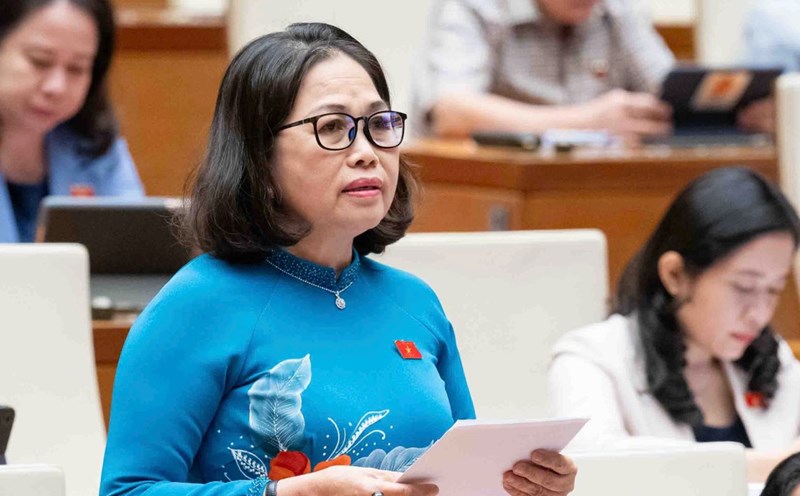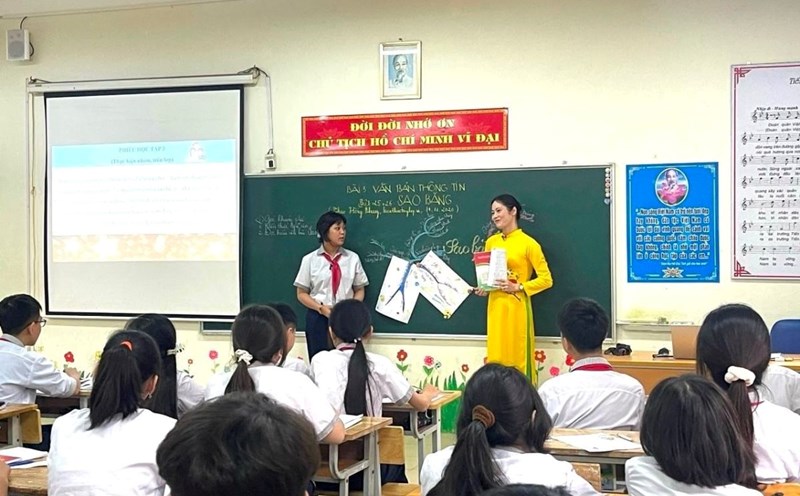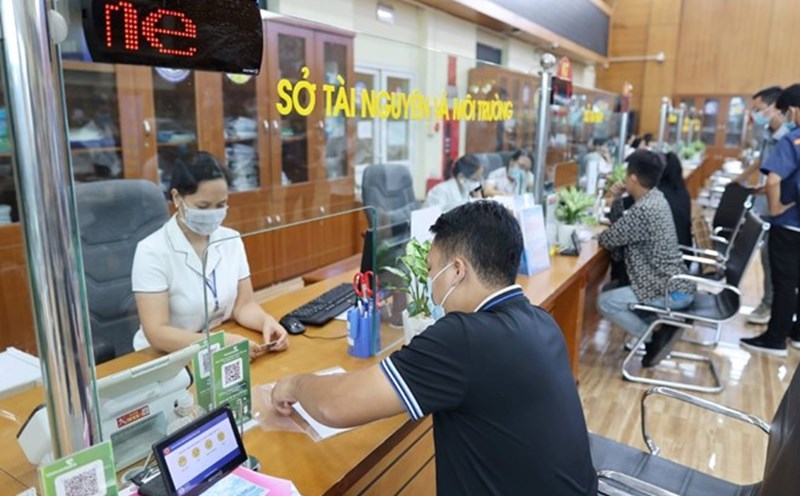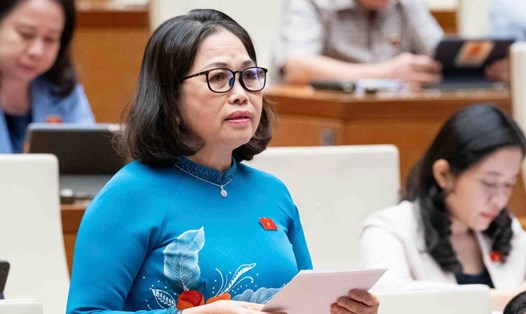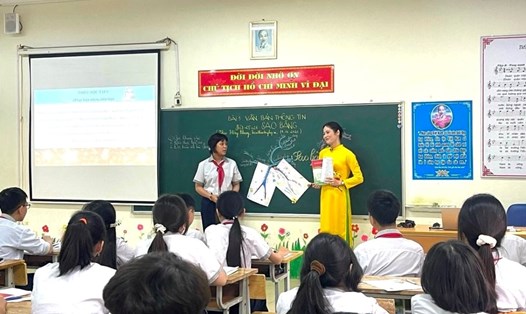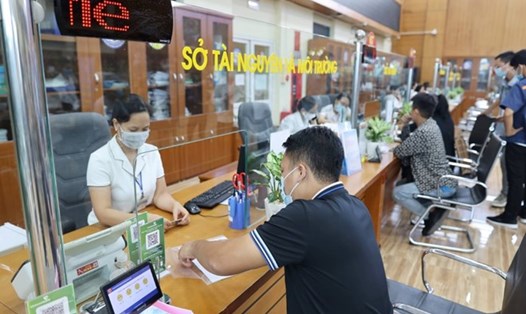Debate in the hall on the afternoon of November 4, National Assembly delegate Vu Trong Kim (Nam Dinh delegation) said that the new Government's report 205 talks about streamlining the administrative apparatus at district and commune levels.
“If that is the case, I think it is not enough. We need to revolutionize the central and local apparatus and the sectors. I would like to reflect 100% accurately that a minister told me that if my ministry reduced its staff by 30-40%, it would not be a problem,” the delegate affirmed.
According to delegate Vu Trong Kim: "If we reduce the staff, I see two effects: reducing the number of harassers and increasing salaries for diligent cadres, making cadres more professional and more effective."
Delegate Ha Sy Dong (Quang Tri Delegation) expressed his agreement with the opinions of previous delegates on the current situation of public sector human resources shifting to the private sector, most of which are high-quality human resources.
Attracting talent to the public sector also faces certain difficulties, the starting salary is not enough to rent a house in big cities, which can affect the country's socio-economic development, because public sector personnel are policy-making personnel.
According to delegates, during this session, a phrase that was mentioned a lot from the opening session to the discussion sessions was “institutions are the bottleneck of bottlenecks”. The National Assembly has been discussing many proposals from the Government to remove institutional obstacles, including 5 laws on investment and 7 laws on finance and budget.
According to the delegate, to remove institutional bottlenecks, human resources are needed, and human resources are actually being bottlenecked.
“Over the past years, we have talked a lot about restructuring the apparatus, streamlining the payroll, and reforming salaries. But when speaking at the group, the General Secretary said that this work has only been done at the commune, district, and some departments, bureaus, and general departments..., and the Central Government has not done anything yet,” said the delegate.
The General Secretary also said that the budget is currently spending nearly 70% on salaries and regular expenses, so has streamlining the payroll really met the requirements?
“In this term, there have been many statements and prolonged debates about “treating” officials and civil servants who are afraid of making mistakes and being afraid of responsibility. But the results of the classification of civil servant quality in 2023 show that 6.57% did not complete their tasks, the rest completed and completed their tasks excellently. So has the situation been assessed correctly?” - the delegate asked.
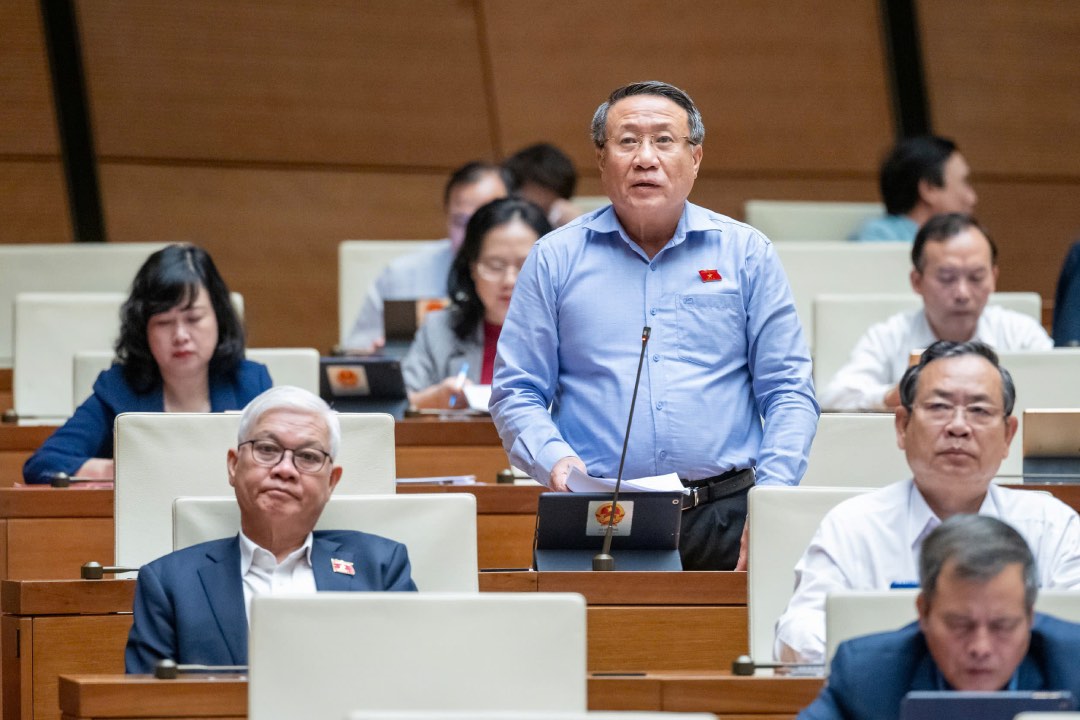
Regarding the issue of salary reform, it is undeniable that this year's effort to increase the basic salary by 30% is being made, but the delegate pointed out the reality that even so, a newly recruited official or civil servant, no matter how excellent, will only have enough salary to pay for affordable housing and frugal spending, not to mention other legitimate needs.
"So it is easy to understand that recently localities have asked for their own mechanisms to attract talent, the National Assembly supports it, but "talent is still like autumn leaves" - the delegate said.
According to delegate Ha Sy Dong, in this session, the National Assembly has been discussing many proposals from the Government to remove institutional obstacles.
“But I have not seen any proposal to remove the bottleneck in human resources. The current difficulty in human resources is extremely great. I suggest that we should make a breakthrough right from this stage to remove the bottlenecks that are hindering the country's development,” the delegate suggested.

